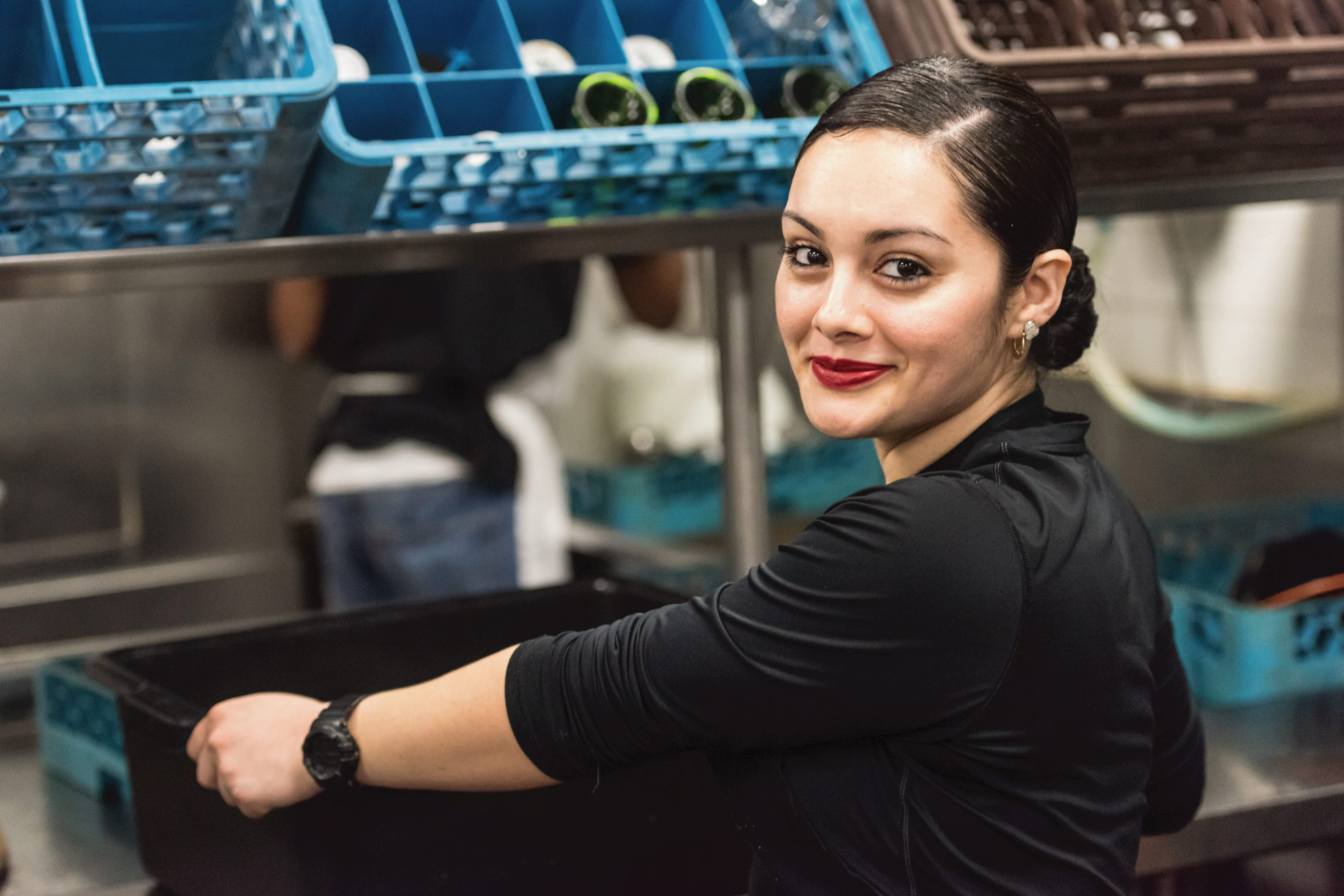Toward an
Inclusive
Recovery
2022 Federal Reserve Community Development Research Seminar Series
In a matter of months beginning in 2020, the COVID-19 pandemic erased a decade of economic progress. It exposed existing economic and health inequities faced by lower-income people and people of color. Millions of people—some for the very first time—experienced unemployment, housing instability, and other economic hardships.
Two years later, as people have been returning to work and the economy begins to expand, the community development field—including the financial, government, philanthropic, and nonprofit sectors—has an opportunity to collectively advance policies and actions that support an inclusive and equitable recovery.
The 2022 Federal Reserve Community Development Research Seminar Series is focused on supporting an inclusive recovery. Each seminar in the series presents research illuminating an issue critical to our economy. Presenters discuss how the community development field can use these findings to support a recovery that benefits everyone.
Seminar details
June 29, 2022
Achieving an Equitable and Inclusive Wealth Recovery
Explore how household balance sheets and wealth gaps have evolved since the beginning of the pandemic, and how evidence-based solutions could contribute to a more equitable and inclusive wealth recovery.
September 8, 2022
How the Rules of the Labor Market Matter for Workers
Get to know how the design of the labor market matters for workers, and research implications for how the labor market can be made more competitive and supportive of low- and moderate-income workers in particular.
Learn more about short- and long-term consequences of the COVID-19 pandemic on K-12 education, higher education, and the future workforce.
About the Series
The Federal Reserve Community Development Research Seminar Series is a forum for exploring the intersection of research, policy, and practice in the community development field. The Series expands access to high-quality research that informs stakeholders who are working to support low- and moderate-income communities and communities of color.








